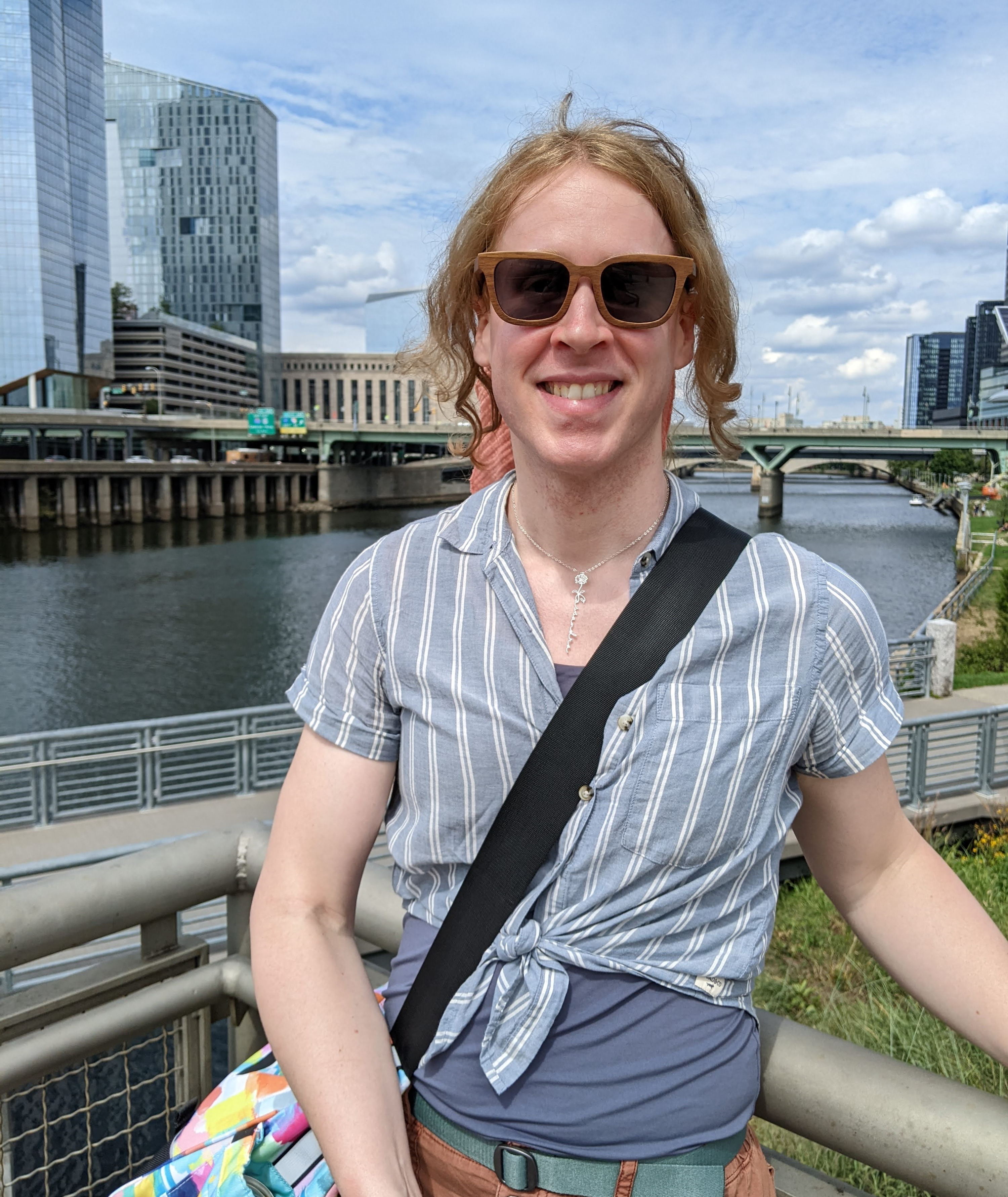About Me

Hi! My name is Cassie, and I use she/her pronouns.
Research Interests
I’m interested in any work that enables robots to learn in unstructured environments and act reasonably among humans sharing those environments. This general interest has lead me to:
- Human-Robot Interaction
- Lifelong learning
- Learning from Demonstration
- Mobile Manipulation
- Teleoperation
- Crowdsourcing
Brief Bio
I’m currently a postdoctoral researcher at the University of Pennsylvania, working with Dr. Eric Eaton and the Lifelong Machine Learning research group. I recently completed my Ph.D. in robotics at the Georgia Institute of Technology, advised by Dr. Sonia Chernova in the Robot Autonomy and Interactive Learning lab.
The goal of my work is to develop robotic systems that operate effectively in human environments. This goal suggests a wide variety of challenges, including developing autonomous systems that can effectively adapt to human behavior, respond to non-expert user input, and operate in diverse, open-world environments. I have contributed to research on robot learning from human demonstration (LfD), robot control interfaces, human-centric perception, collaborative manipulation, and robust robot autonomy.
I strive for the approaches that I work on to put the management of robots directly under the control of the people who most need them, allowing everyone to specify their own preferences, accommodations, and needed robot behaviors while protecting their own privacy and autonomy, and overall I hope to empower individual people who stand to benefit from these potentially life-changing technologies. I focus particularly on LfD, which encompasses methods that are both accessible to non-expert users and efficient for trained roboticists, bridging the gap between developer and end-user robot programming. I’m excited about the potential of lifelong learning to improve the behavior of autonomous robots situated in real-world environments over longer time scales, beyond what traditional LfD research considers. I’m interested in all aspects of robot learning, from how the robot collects demonstrations and examples, to developing the learning algorithms themselves, to integrating the learned models into complex systems. Above all else my work is human-centered. I’m interested in how the products of my research will be perceived by, be useful to, and affect people working with and alongside robots.
I’m also passionate about teaching. I believe that what we learn has little meaning if we can’t share it with others. I also believe strongly in representation, and as a proudly trans roboticist I hope that, by being visible in this little corner of academia, I can make our community a more welcoming place for traditionally marginalized students, teachers, and researchers. I’ve completed the Tech to Teaching program at Georgia Tech, where I studied evidence-based teaching techniques and put my pedagogy into practice as instructor of record for Georgia Tech’s Introduction to Artificial Intelligence course.
In my spare time I make games and music, enjoy spending time with my partner (who’s work might be even cooler than robotics), and I’m always up for rock climbing.